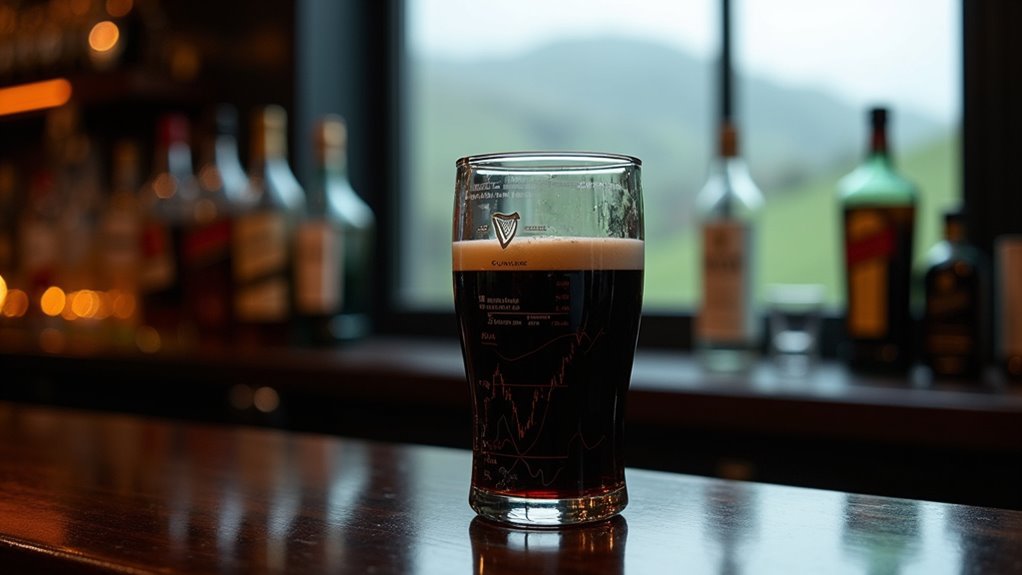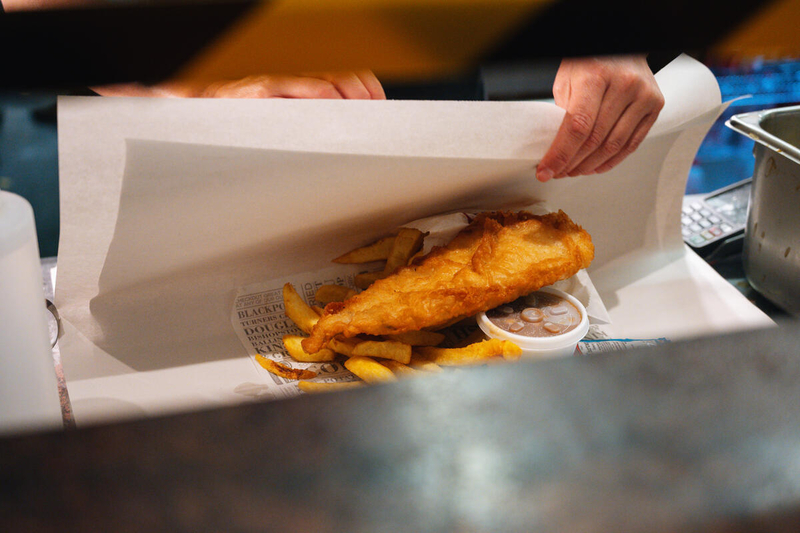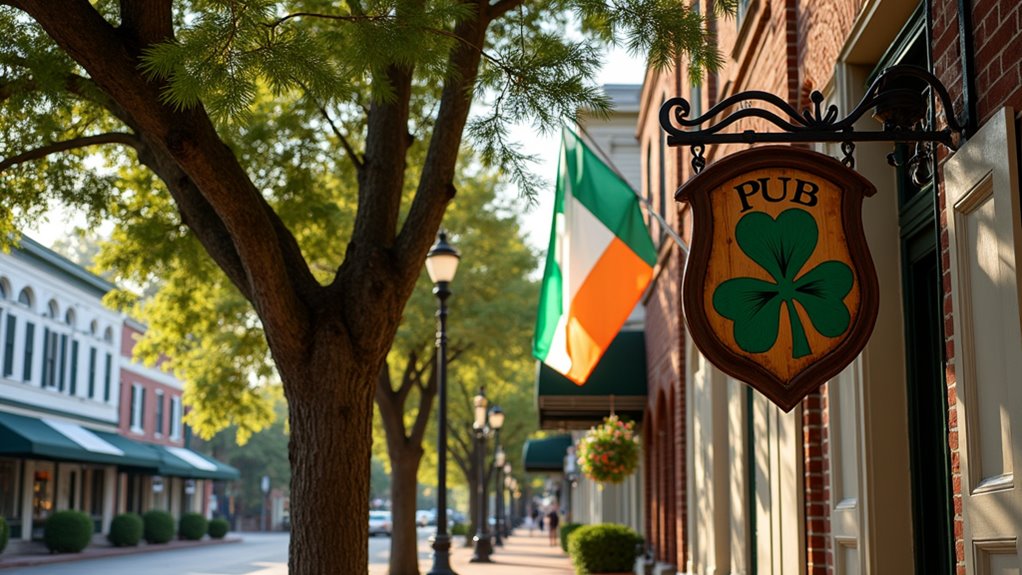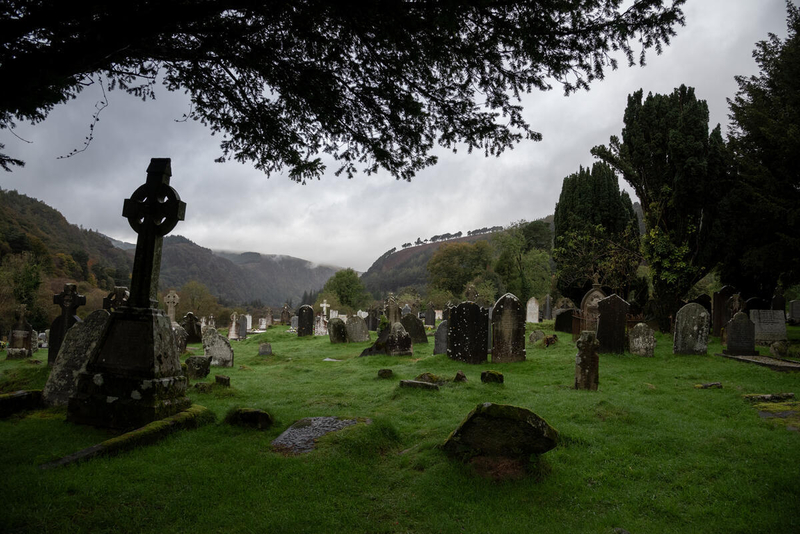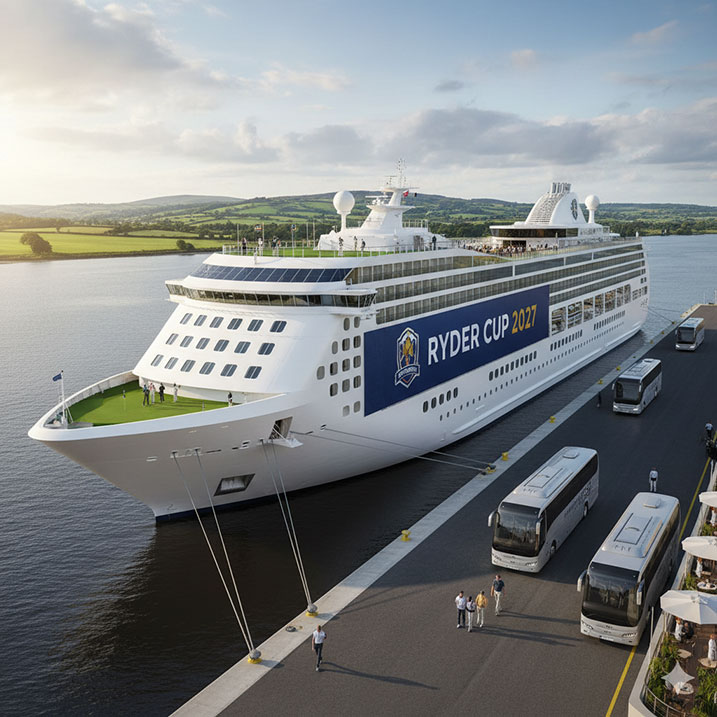The 1798 Irish Rebellion erupted when the United Irishmen—inspired by American and French revolutionary ideals—rose against British rule. Initially gaining momentum across Carlow, Wexford, Antrim, and Down, rebels armed mainly with pikestaffs fought for Catholic emancipation and independence. British forces ultimately crushed the uprising at Vinegar Hill, leading to harsh reprisals and the 1800 Act of Union. Despite its military failure, the rebellion's legacy endures as a cornerstone of Irish national identity and resistance.
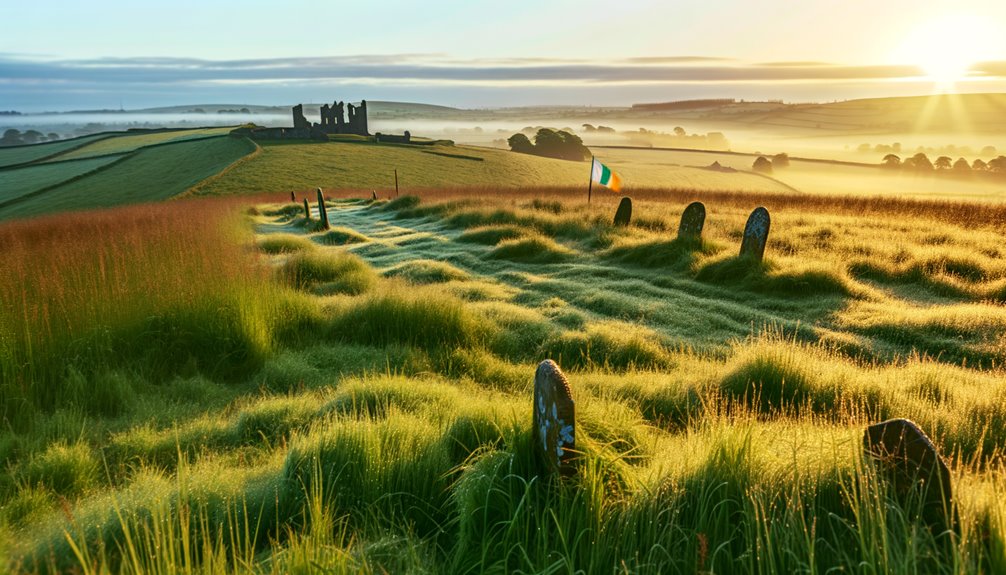
Blood, fervor, and revolutionary ideals swept across Ireland in the tumultuous summer of 1798, as the United Irishmen—inspired by American and French revolutionary principles—rose against British colonial rule. Founded in 1791, this society aimed to unite Catholics and Protestants under the banner of independence, championing radical notions like universal male suffrage and Catholic emancipation that rattled the establishment to its core.
The rebellion didn't materialize from thin air—it gestated in the soil of socioeconomic grievances, with rack-rented tenancies and agrarian discontent providing fertile ground for revolutionary sentiment. Presbyterian radicals and disgruntled Catholics found common cause, momentarily setting aside centuries of sectarian tensions to challenge their mutual oppressor. The execution of Richard Mansergh St. George in February 1798 served as a violent catalyst for the escalating conflict between revolutionaries and British authorities.
When the uprising finally erupted in May 1798—after numerous weather-thwarted attempts to secure French military assistance—it spread through Carlow, Wexford, Antrim, and Down like wildfire in dry brush. The rebels, mostly armed with pikestaffs and righteous anger (a historically underappreciated combination), initially secured several victories that sent shockwaves through British administration. The rebellion in Ulster ended quickly after the decisive Battle of Ballynahinch where General Nugent's forces routed the rebels on June 13.
Reality, that persistent killjoy, soon reasserted itself. At Vinegar Hill on June 21, British forces crushed the main rebel army—a classic case of enthusiasm meeting artillery, with predictably grim results. The belated arrival of French support in August proved too little, too late, culminating in defeat at Ballinamuck.
The aftermath brought harsh reprisals—executions, transportations, and a campaign of counter-insurgency that left deep scars in Irish memory. The capture of Wolfe Tone, who later died in prison, symbolized the rebellion's ultimate failure. Yet, like most failed revolutions, its impact transcended its immediate defeat. Despite claiming thousands of casualties, the rebellion's greatest legacy was inspiring subsequent Irish independence movements throughout the 19th and 20th centuries.
In the rebellion's bloody wake, sectarian divisions—temporarily bridged during the uprising—widened into chasms. The British government, thoroughly spooked by this close call, engineered the 1800 Act of Union, abolishing Ireland's parliament and binding the island more tightly to Britain—a solution that, with exquisite historical irony, would only plant seeds for future rebellions.




